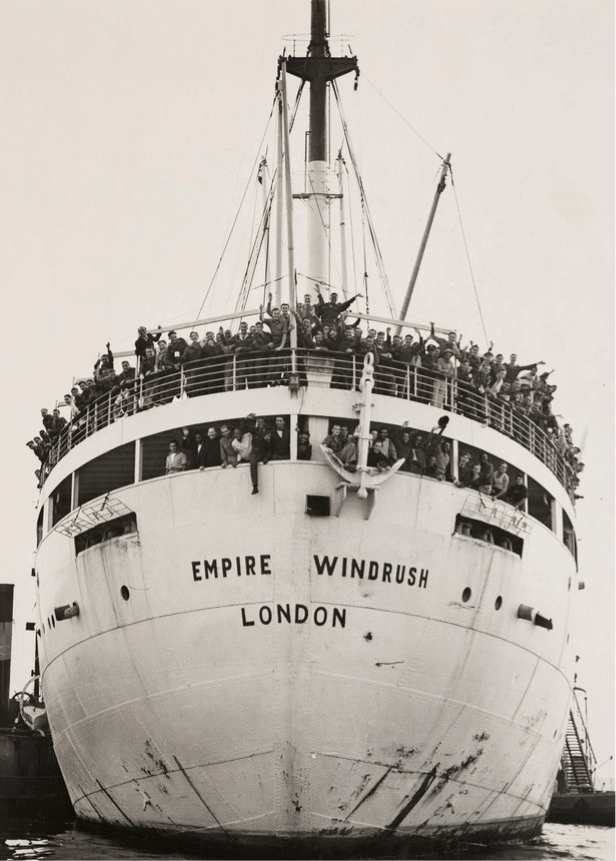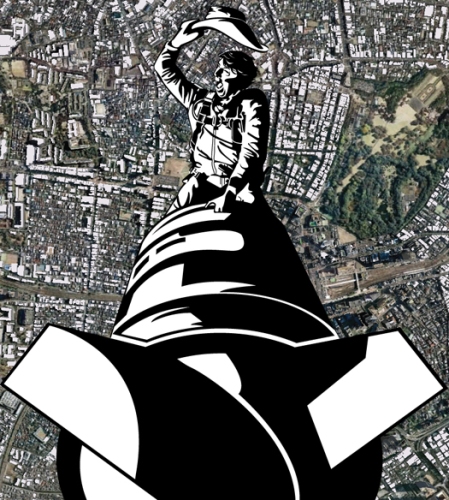Emil Sokolov
University of Exeter
The promises that politicians have made and continue to make about immigration have been a source of great controversy in modern British policymaking ever since the end of the Second World War. The most recent example of this is the Windrush scandal, the deportation of people of West Indian origins. About 550,000 people came into Britain from the West Indies between 1948 and 1973 to work in Britain’s labour-starved economy. However, according to census data quoted by the Guardian, more than 21,000 of those people currently have neither a British passport nor a passport from the country where they were born, placing them in the crosshairs of the Home Office’s ‘Hostile Environment’ immigration policy. Windrush’s scale and effects might be most visible today, but the causes behind this controversy originated in the 1950s and early 1960s when the boundaries between Britain and its former colonies first began to change.
Issues of immigration and race were noticeably introduced into British post-war politics after the Conservative Party passed the Commonwealth Immigrants Act in 1962. The MP for Louth, Sir Cyril Osborne, who was infamous for his extreme views on immigration, managed to convince the Conservative leadership of the need for control in the early 1960s. Despite intense opposition from Labour, Conservative moderates chose to support the new legislation. Instead of regulating the arrival of Commonwealth citizens, the Act did not tighten control on migrants from the colonies who came to re-join their families, leading to ‘Britain’s Racist election,’ as a recent BBC documentary termed it, in 1964.
Looking in greater detail at 1964 general election addresses casts new light both on Labour’s early resistance against populist demands and the emergence of the Tory far right. Likewise, the often underlooked constituency of Southall demonstrates the wide gap between Conservative and Labour attitudes towards immigration and the various ways in which candidates made use of their election addresses. Most importantly, many of the harmful ideas and misconceptions about immigration that emerged in 1964 are resurfacing today, which makes the 1964 election crucial for understanding current immigration debates. Continue reading “What does the 1964 General Election tell us about immigration debates today?”



You must be logged in to post a comment.